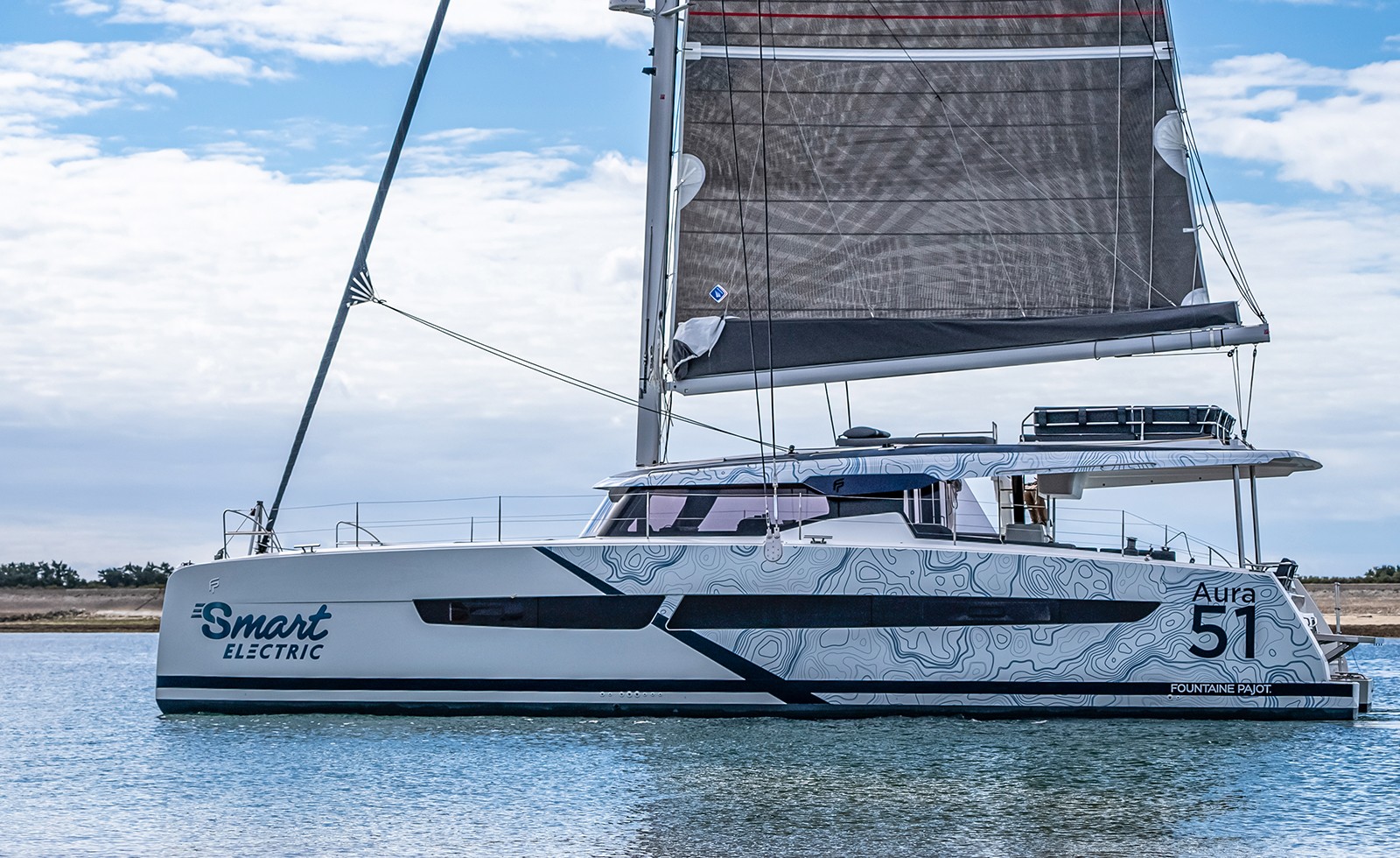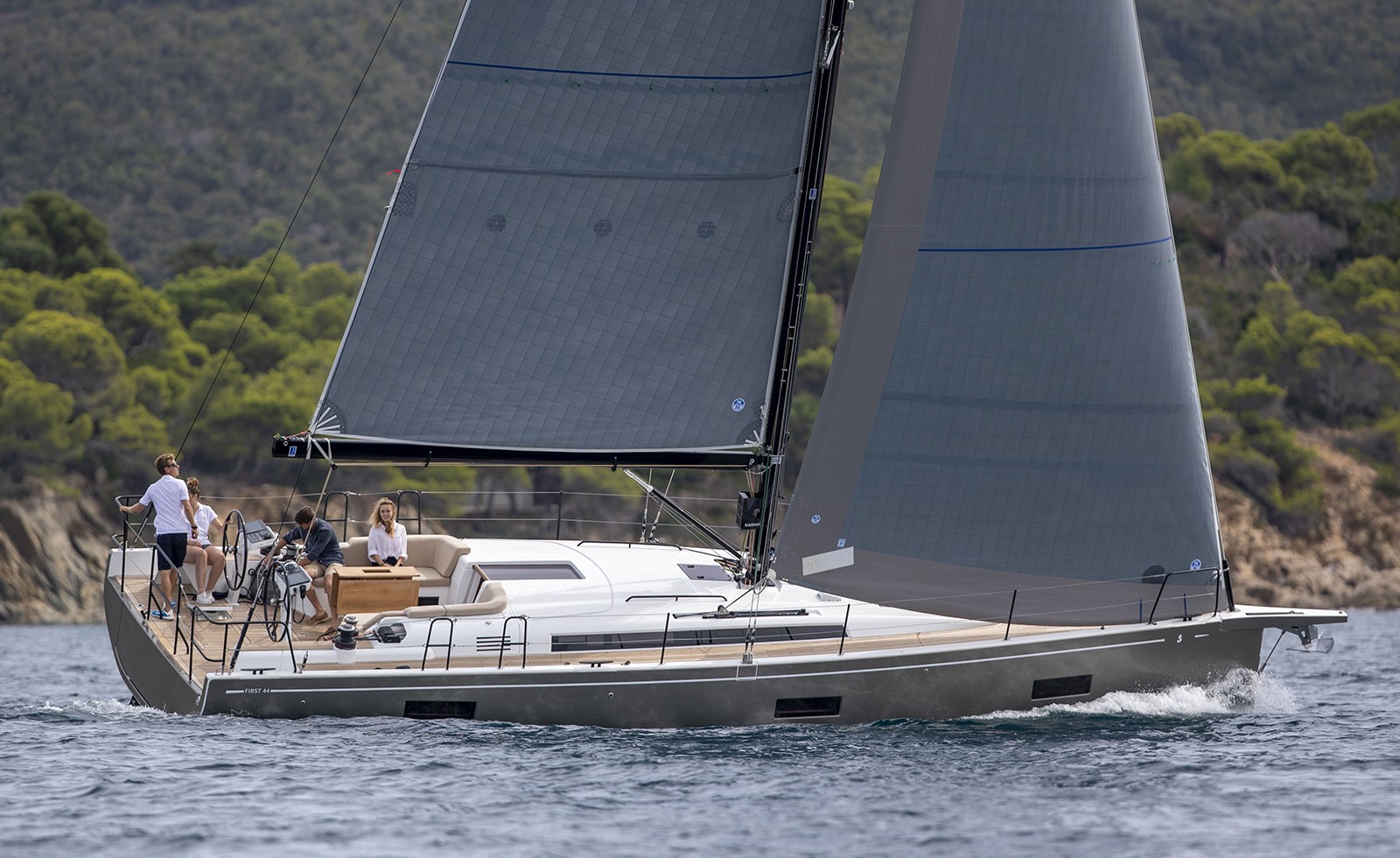Imagine a future where you can own a yacht made from natural materials and powered by clean energy, with the option to recycle it when it reaches the end of its life. This future is already within reach, thanks to the research and development being done by major boat building yards. And Soproyachts is proud to partner with two of them!
Fountaine Pajot has expressed its ambition to become a leader in the ecological transition of the marine industry. To achieve this, they recently announced their Odysséa 24 strategic plan, which aims to have carbon-neutral cruising boats by 2030. This goal will be achieved not only by using more eco-friendly materials in the manufacturing process but also by changing the propulsion to electric or even green hydrogen options.
Although Fountaine Pajot, in collaboration with EODev, has already launched a prototype version of its Samana 59 with a powerful 70kW REXH2 hydrogen-powered fuel cell, the infrastructure for this technology is still a long way from being rolled out in the marine industry. Therefore, the company's focus has been on developing their Smart Electric options, with the Aura 51 as their first Smart Electric model and recently with the addition of the Astréa 42 with is set to be presented to the public in the upcoming 2023 Grand Pavois boat show later this month.
Similarly, Beneteau has already initiated its own transition in its dedicated laboratory for developing sustainable boatbuilding solutions. They are using a modified version of Arkema's Elium thermoplastic resin, which can be recovered at the end of a yacht's life and used to build another vessel.
Although this process is still being tested, Beneteau has already built a prototype of the First 44e using this resin, marking the first stage of the Elium project. In this first stage, they are trying to better understand the material, including details such as how to efficiently drill and glue it to enable seamless integration into a production line.
Beneteau is also researching other ways to reduce its boats' carbon footprint by using fiberglass that includes flax fibers made with polyester resin with around 15% bio-resin content. Their goal is to replace other components and reach 34% bio content.
The marine industry is still operating largely under a linear economy model and not a circular one. This change requires a new way of thinking, but for now, it's inspiring to see our partners, Fountaine Pajot and Beneteau, leading the way to a better future.
Source: https://www.yachtingworld.com/yachts-and-gear/why-the-yachts-of-the-future-are-already-here-147489


